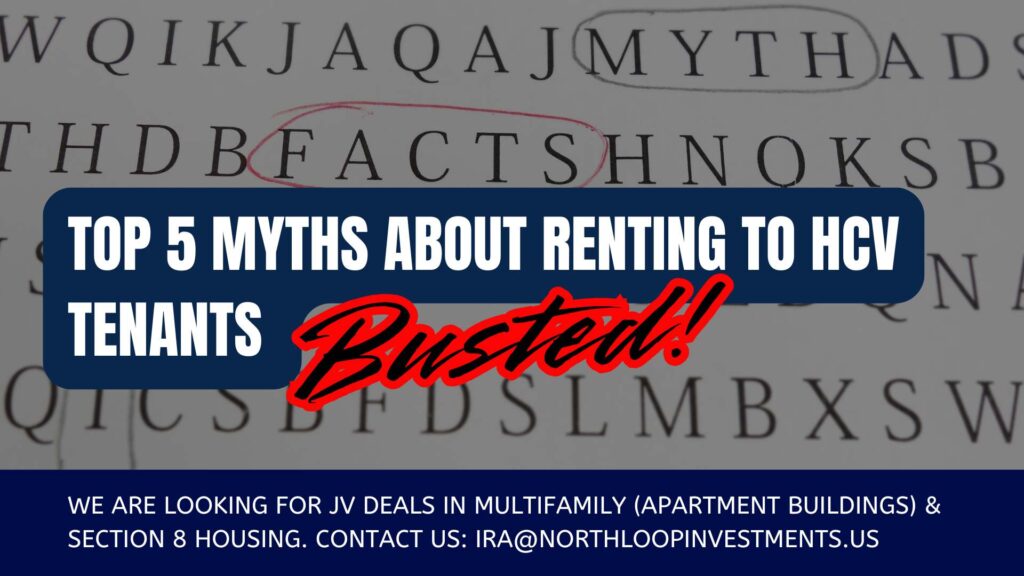A common concern among landlords considering participation in the Housing Choice Voucher (HCV) Program is the quality of potential tenants. This article will delve into best practices for screening HCV tenants based on the information provided in the source.
One of the most critical points to understand is that landlords use their own screening criteria when considering HCV voucher holders. The HCV program does not mandate a different or lower set of standards for these applicants compared to non-voucher holders. This means that landlords retain the autonomy to apply their established policies and procedures to all prospective tenants.
The fact sheet explicitly states that landlords should screen HCV tenants as they would screen any other tenant to avoid problem tenants. This underscores the importance of maintaining a consistent screening process. Just as you would conduct background checks, credit history reviews, and gather references for any rental applicant, you should apply the same thoroughness when evaluating an HCV holder.
Here are some best practices for screening HCV tenants, keeping in mind the information from the source:
- Apply Consistent Criteria: Ensure that the screening criteria you use are the same for all applicants, regardless of whether they are participating in the HCV program or not. This consistency is not only good business practice but also essential for adhering to fair housing laws.
- Focus on Documented History: Your screening process should focus on verifiable information, such as credit reports, past rental history (including payment records and any history of lease violations), and criminal background checks (within legal limits).
- Utilize Your Standard Procedures: The source emphasizes that landlords should follow their established policies for screening prospective tenants. There is no requirement to alter your methods simply because an applicant has an HCV voucher.
- Remember the Voucher is a Payment Source: The HCV voucher guarantees a portion of the rent payment from the Public Housing Authority (PHA). While screening, it’s important to consider the applicant’s ability to pay their portion of the rent and their history of financial responsibility.
- Understand Eviction Rights: The fact sheet clarifies that HCV tenants are bound by the terms of their rental agreements and are subject to eviction as is any non-HCV tenant. This means that if an HCV tenant violates the lease, you have the same legal recourse as you would with any other tenant.
By adhering to consistent and thorough screening practices, landlords can effectively assess the suitability of HCV voucher holders as tenants. The “PIH-HCV-Landlord-Myth-Busting-and-Benefits-Fact-Sheet.pdf” directly refutes the myth that HCV tenants are inherently problematic, emphasizing the landlord’s role in screening to find responsible renters, just as they would with any applicant. Participating in the HCV program does not necessitate lowering your standards; rather, it involves applying your existing standards fairly and consistently to all applicants.
Disclaimer: This article provides general information and should not be considered legal or professional advice. Please refer to the official HCV Program Guidebook and relevant regulations for the most up-to-date and accurate information.
If you are a Section-8 property owner with HAP contract and looking to sell, we are always interested in exploring how we can work together for a seamless disposition/exit of your properties. Please contact us via below link:
About NorthLoop Investments: Our Principals at North Loop Investments have owned and operated HAP properties in Midwest and Southeast. Our properties include disability and family projects. We are approved to own and operate HUD housing with prior 2530 clearance. Upon your request, we would be happy to provide any additional information about our company or go to our website at: https://northloopinvestments.com/








